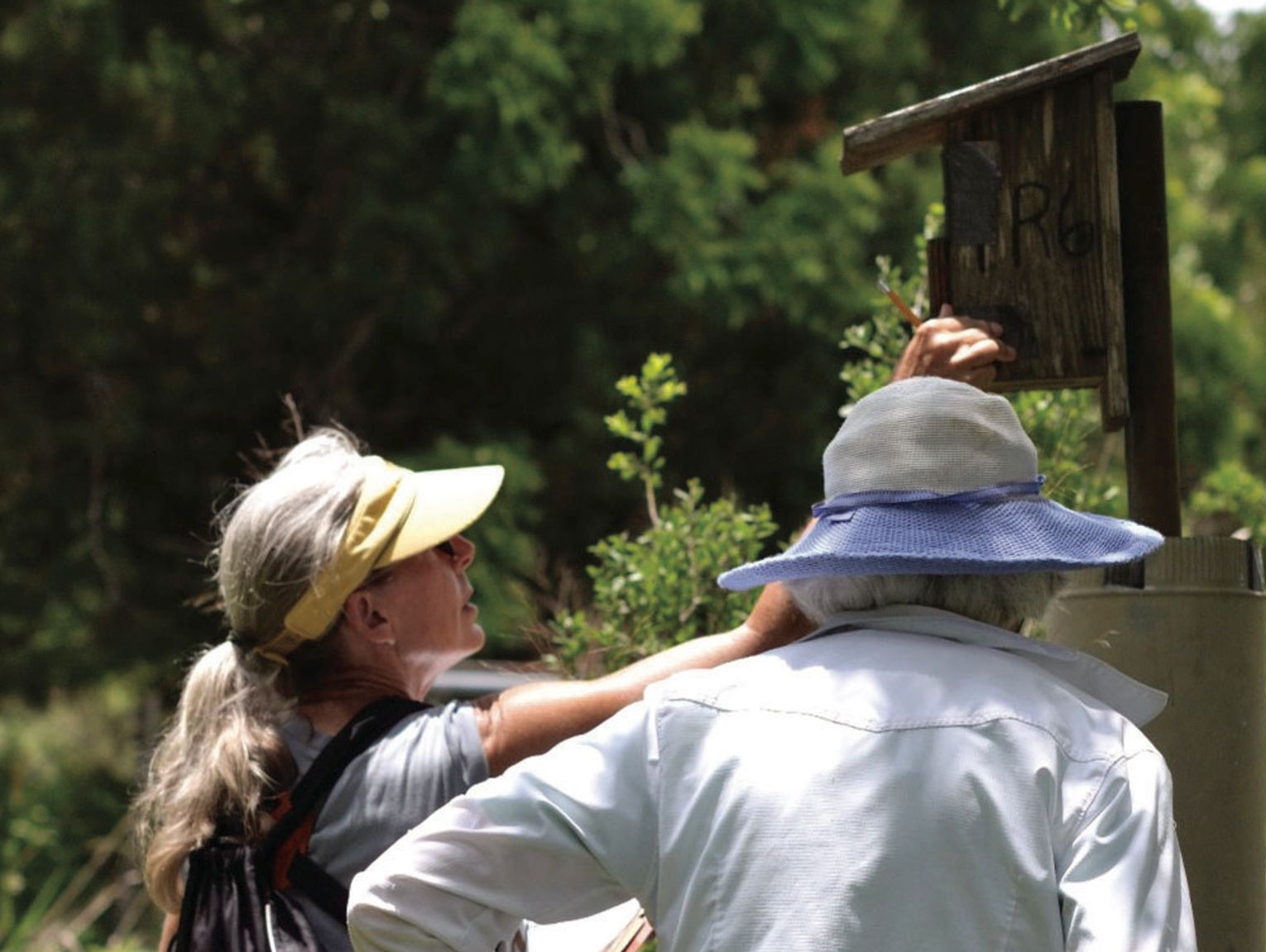In Scotland, a new AI tool is revolutionizing the way farmers predict crop yields. Developed by an associate professor at the National Robotarium at Heriot-Watt University, the system can accurately estimate the number of flowers on fruit trees by analyzing videos from a standard smartphone. This cutting-edge technology allows farmers to forecast crop yields up to six months in advance, improving resource allocation and reducing food waste.
In the UK, patients with severe acid reflux disease are receiving a new implant called ‘RefluxStop’. The device is designed to stop stomach contents from flowing back into the oesophagus, which can cause discomfort and other health issues. The first NHS trusts in the country to install this implant are University Hospital Southampton and Imperial College London, with Southampton using robotic surgery for the procedure.
Meanwhile, research conducted by a team at the University of Southern California has raised concerns about mega satellite constellations like SpaceX’s Starlink potentially depleting the ozone layer. The study found that significant amounts of aluminum oxide gas are released into the atmosphere by these constellations, which could lead to health issues such as skin cancer and impact crop yields and food production. Tech & Science Daily reached out to SpaceX for a response but has not yet received one.
Other news includes warnings about a heatwave in Greece that has led to an increase in tourist deaths and a link between Alzheimer’s disease on the mother’s side and an increased risk of developing the condition. Additionally, this weekend marks almost 20 years since the last major lunar standstill will occur. You can listen to this episode on your preferred podcast platform or in the player above, available on platforms like Apple Podcasts, Spotify, and more.



